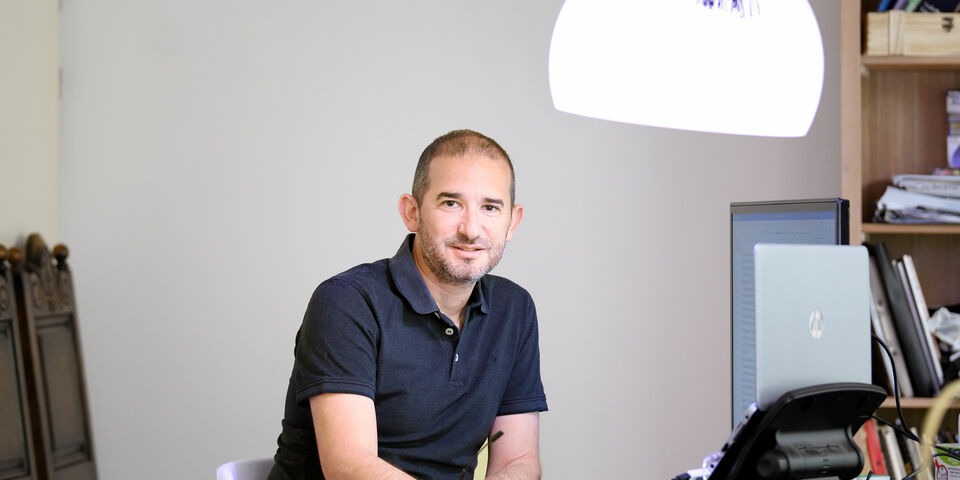The naked truth
It is not often that we get to hear the truth. The truth is often uncomfortable and is often best to keep to yourself. But a short exchange via Discord made it clear that it is not what I teach or how I teach that matters. Our students are subjected to forces that are beyond our control. And I am left asking myself if there is truly a way to turn our students into learners. Or should we accept that for a part of the students, it is simply about getting a diploma and nothing more?
To my great delight I am teaching again this quarter. In the lecture rooms, which are admittedly filled with an ever-dropping number of students, I hope to take those present on a journey through a small part of my discipline. To help students along, I am using Discord, an online discussion platform, not much different in purpose than the sanctioned online learning environment. Yet, one critical aspect does make Discord radically different. Users can opt to hide behind a random avatar, giving them the option of total anonymity.
Thanks to that I got a glimpse of the truth. Through Discord I got a question about a piece of mathematical theory that underpins critical insights in the course. Normally I make an effort trying to give detailed answers to students via Discord, but it felt to me that the student would be better served by having this explained face to face in the classroom. To this suggestion the student replied, “Is this needed for the exam? Otherwise, I would prefer not to waste my time on this…”
Honestly speaking, this is not a huge surprise. I realize students are not truly interested in learning the details of many of the topics I am teaching and above all show limited to no interest in the mathematical theories behind them. But getting this statement directly via instant messaging hit me harder than I expected.
We are constantly searching, as teachers, for the best ways to motivate students to learn. But it seems to me that we are ignoring the fact that there is a growing percentage of students who are not interested to learn or have stopped prioritizing learning. These students - foreign or Dutch - may not be able to afford any delay in obtaining their diploma, due to the financial consequences.
In the raging discussion about the number of international students allowed into higher education in The Netherlands the naked truth is that there are many students who must pass every course, as the alternative is to mortgage their futures. Maybe the problem is not the number of international students, but the growing percentage of students who do not have the financial freedom to fail their courses.
Should we not do something about that instead?


Discussion